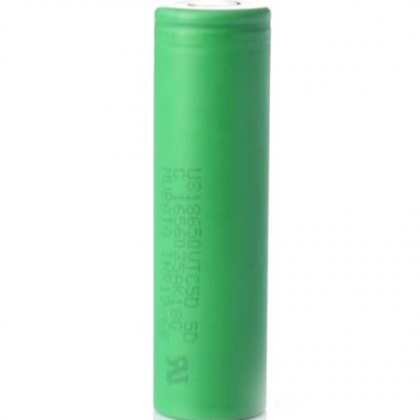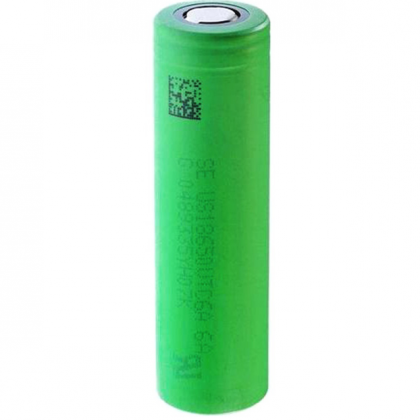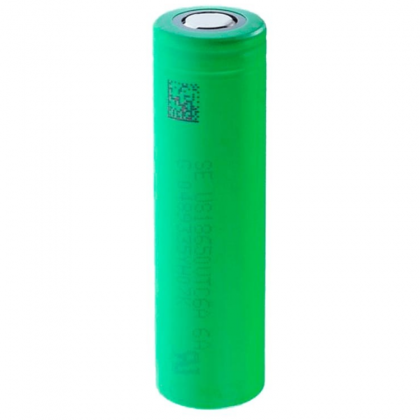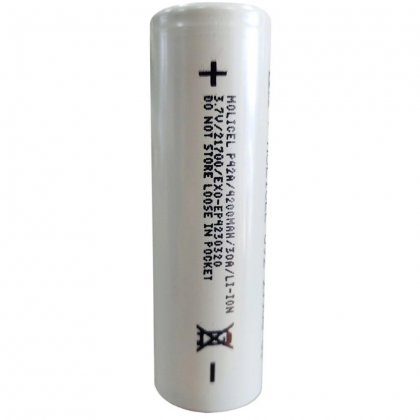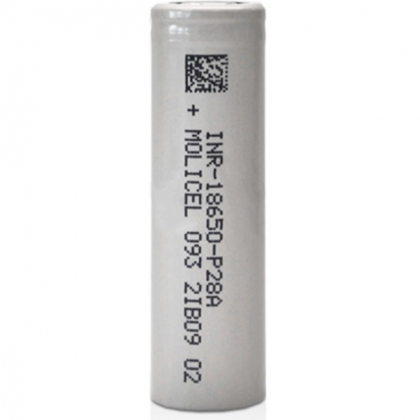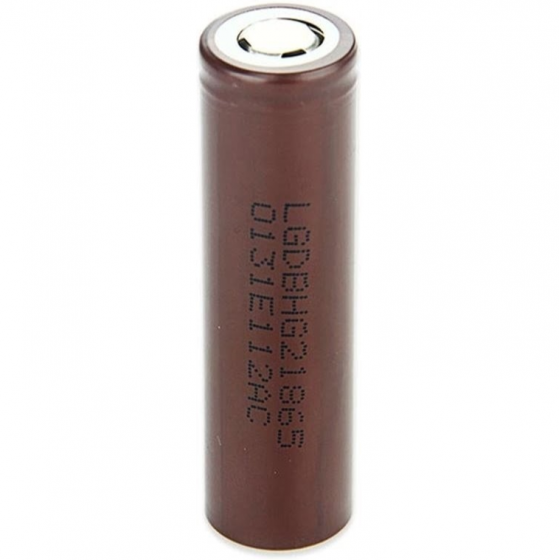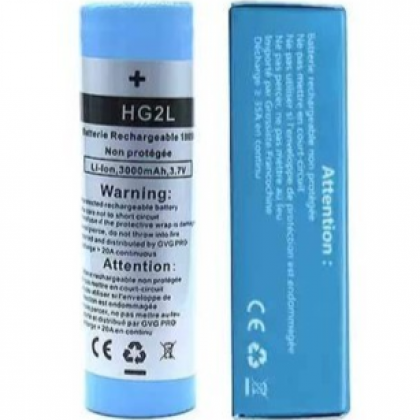BATTERIES
* Sold single, unless stated otherwise
 Misusing or mishandling lithium-ion batteries can pose a SERIOUS RISK of personal injury or property damage.
Misusing or mishandling lithium-ion batteries can pose a SERIOUS RISK of personal injury or property damage.
Never use a battery, charger, or device that is not in perfect working order.
Always charge batteries at a clean and fire-proof surface and don't leave them unattended.
The plastic battery wrap and top insulating ring must always be kept in perfect condition to prevent short-circuiting of the battery which can result in the battery bursting.
Stick with brand name batteries from Sony/Murata - Sanyo/Panasonic - LG - Samsung - Molicel - EVE - Lishen - BAK from trusted reputable battery suppliers.
The non-Sony/Murata - Sanyo/Panasonic - LG - Samsung - Molicel - EVE - Lishen - BAK batteries can change what is used under the wrap at any time.
This is the reason for not having batteries that are not Sony/Murata - Sanyo/Panasonic - LG - Samsung - Molicel - EVE - Lishen - BAK in our store.
Using name brand cells bought only from known reputable vendors/dealers is the very best way to prevent receiving substandard cells.
Patients having oxygen therapy should avoid vaping & battery charging near the oxygen tank. There is a potential for fire!
If liquid leaking from a battery gets in your eyes, don't rub your eyes, wash them with clean water and seek medical attention immediately. Ensure that the battery is disposed of immediately and that any liquid that has leaked from the battery is contained and removed as it may cause explosion or fire.
* Vapordna.gr is stating the actual Continuous Discharge Rating (CDR) of batteries (Rated by "Battery Mooch") and not "Pulse Ratings" or "Temperature Limited Ratings" that are useless and deceiving!
Note: CDR goes down as the battery ages.
There are many factors influencing battery internal resistance (IR), such as conductor resistance, electrolyte resistance, ionic mobility and separator efficiency.
Simply put, as a battery ages from time and use, it's internal resistance increases, thus a once 30A battery may end up being a 20A one!
• If your device accepts more than one battery, the batteries you choose must be identical and purchased at the same time period and from the same store.
In addition, this set of batteries is considered "married". If it is a two-battery set you will always use it on two-battery devices, a three-piece set in three-battery devices and so on..
If you "break" a set to use the batteries in single battery devices, it is not recommended to use them as a set ever again.
If from a triple set you get one battery for use in a single battery device, you can use the other two batteries as a two-battery set in dual-battery devices.
• If a battery drops and stays below 2.5V for several days, DO NOT try to charge it or revive it so you can use it again!
Below 2.5V the copper contained in the negative battery electrode begins to decompose and if after 10-15 days you decide to charge it, these microparticles during charging will be pasted into internal parts of the battery that should not and can cause an internal short circuit with bad consequences.
Supercapacitors
A supercapacitor is like a hybrid of a battery and a standard capacitor. In other words, it can hold a greater electrical charge than a standard capacitor. Not only that, but a supercapacitor can handle more frequent cycles of charging and discharging stored energy.
Supercapacitors don’t rely on a chemical play to function. Instead, they store potential energy electrostatically within them. Supercapacitors use dielectric or insulator between their plates to separate the collection of positive (+ve) and negative (-ve) charges building on each side’s plates. It is this separation that allows the device to store energy and quickly release it. It basically captures static electricity for future use. The most significant advantage of this is that a 3V capacitor now will still be a 3V capacitor in 15-20 years. In contrast, on the other hand, a battery may lose voltage capacity over time and repeated usage.
Also, unlike a battery, they have a higher power input-output, which implies it can charge and discharge in a fraction of the time. Still, they have a very low specific energy as compared to batteries. Supercapacitors are best suited for very small bursts of power.
List of Battery Tests: 14500/18350/18500/20650/20700/21700/26650
List of Battery Tests: 18650 Part 1
List of Battery Tests: 18650 Part 2
Recommended Batteries
What is a rewrapped battery?
Disclaimer: By purchasing and using these products, you hereby consent to wholly taking full responsibility and sole liability for the purchase and use of any of these products. You further agree to hold harmless and indemnify Vapordna.gr, its managers, executives, successors, shareholders, owners, employees, directors, and all affiliates from any and all liability for the usage of these products. Vapordna.gr is in absolutely no way, shape, or form liable for the harm or hazard that may arise due to the use of these products.

![[Hard Hitter] EVE 40PL 45A 4000mAh 21700 Battery](/images/virtuemart/product/resized/kdn37gyn_420x560.png)
![[Hard Hitter] Molicel P50B 35A 5000mAh 21700 Battery](/images/virtuemart/product/resized/e04m2y0o_420x560.png)
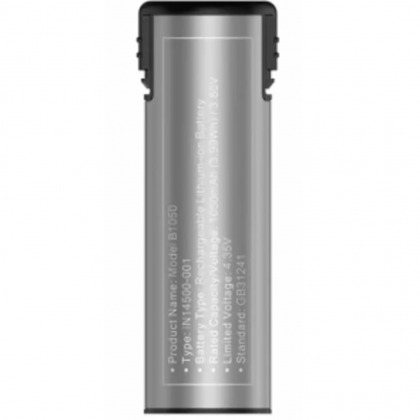
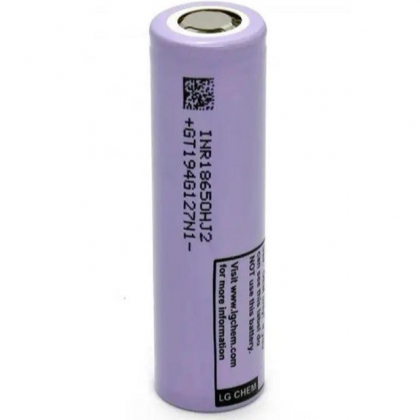
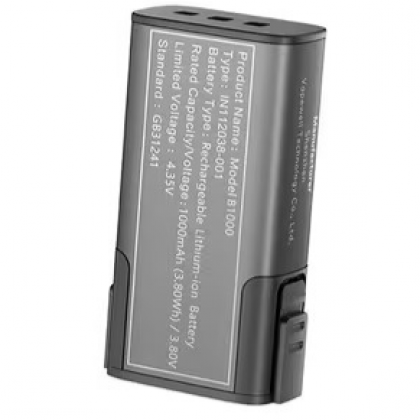
![[Hard Hitter] Molicel P45B 35A 4500mAh 21700 Battery](/images/virtuemart/product/resized/jp4kb3cj8_420x560.png)
![[Hard Hitter] Samsung 20S 30A 2000mAh 18650 Battery](/images/virtuemart/product/resized/ilto5vna_420x560.png)
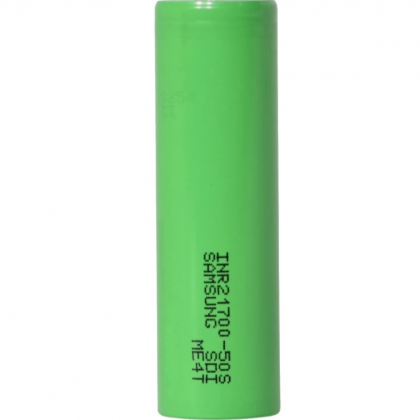
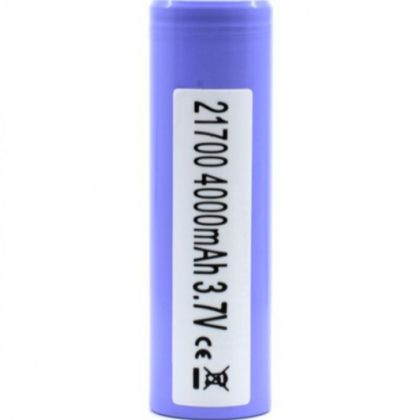
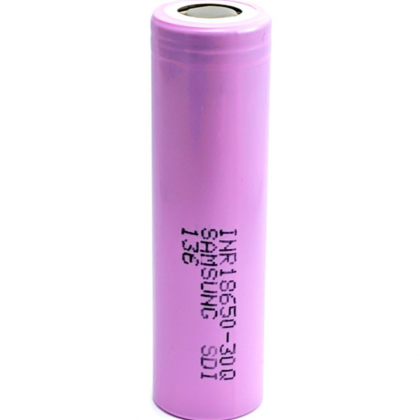
![[Hard Hitter] Samsung 30T 35A 3000mAh 21700 Battery](/images/virtuemart/product/resized/vfu4mt1q_420x560.png)
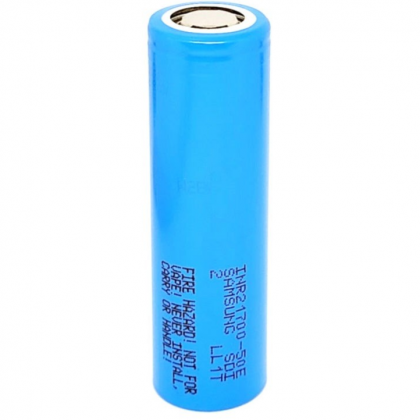
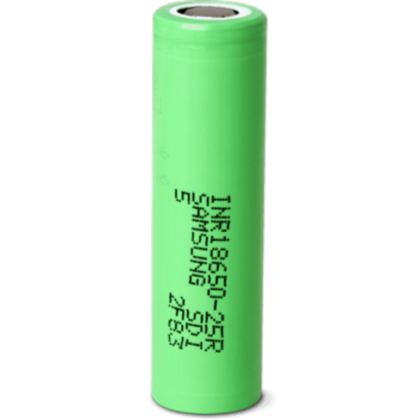
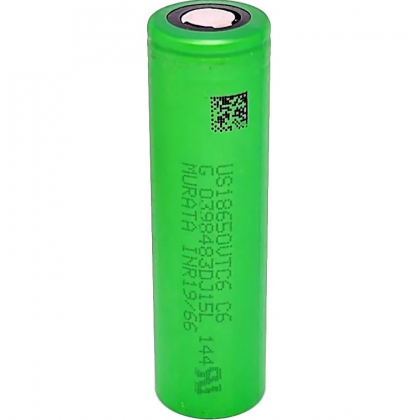
![[Hard Hitter] Murata VTC5A 25A 2500mAh 18650 Battery](/images/virtuemart/product/resized/uuyefnbu_420x560.png)
